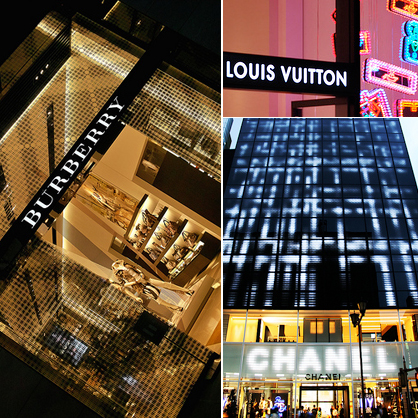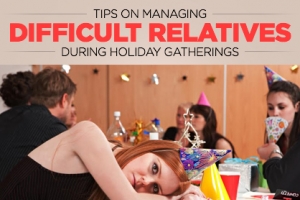Fashion brands leave Tokyo in wake of tsunami
Considering the blackouts, little food and threat of radioactive fallout that resulted from Japan’s recent earthquake and tsunami, fashion companies, along with others, are fleeing Tokyo, reported WWD.
Chanel, concerned over the destruction of the Fukushima nuclear plant, located too close for comfort at 124 miles from the city, has begun to distribute iodine tablets to its employees. Hennes & Mauritz and PPR responded by temporarily moving its offices, while many other brands are allowing their staff to work remotely. Gap, which claims to be “monitoring the situation closely,” has closed 17 of its 130 stores in Japan.
Ample numbers of Tokyo residents are choosing to stay put. H&M extended an offer to relocate its employees; only 60 of its 800 workers accepted the offer as of Thursday, most preferring to stay close to home.
“Chanel decided to close stores and offices in the affected areas [which include Tokyo],” the company announced to WWD. “Staff either stay home and follow instructions to remain indoors or temporarily leave the area. For those who prefer to leave the affected regions, Chanel is providing financial and logistical assistance. For staff who prefer to stay, the company has distributed iodine tablets and continues to deliver them for family members.”
Loewe, owned by LVMH Moët Hennessy Louis Vuitto, reports that it was forced to shut 15 of its 40 stores after damage from the earthquake.
“It was a natural disaster, an act of God, something completely out of our control, and we just have to deal with it, and find new solutions,” Lisa Montague, chief executive officer of Loewe, said to WWD. “Our most immediate efforts are focused on ensuring that our staff is safe.”
Foreigners in particular are leaving the area, some electing to go back to their country of origin or settle in other regions of Japan.
Washington has issued a warning to all Americans, recommending that those within 50 miles of the Fukushima plant either evacuate or seek refuge indoors. The reaction of the Japanese government, however, is less severe, marking the evacuation line at 19 miles around the plant.
WWD reports that while the Western media has presented the situation as apocalyptic, it has been viewed with less hysteria in Japan.
“I personally feel things are calming down in that the stores are well-stocked and many of the TV stations are resuming their normal programs,” said a Japanese magazine editor in Tokyo to WWD. “Having lived as an ex-pat for most of my childhood [I know] you need to get out of the country if there’s any danger, no matter what the scale. So I totally understand all the foreigners leaving. But I’m hopeful.”
Fashion editor and stylist Misha Janette, who escaped Tokyo for the mountains, said she left because she was fed up with the food shortage and aftershocks.
“You can’t sleep, you can’t get any work done. You’re stuck to the news all day,” she said to WWD of conditions in the city.
Companies are rallying to combat the damage. Wal-Mart intends to ship water, blankets, clothes and more; PPR has contributed about $2.8 million; L’Oréal’ CEO Jean-Paul Agon gave the equivalent of $1.2 million, with his executive committee; and Shiseido donated $100 million yen.
Many businesses are unconcerned enough over the disaster to make future economic plans in Japan. Pronovias, for example, signed an agreement to open nine stores in Japan by the end of June.
Alberto Palatchi, CEOI of Pronovias, referred to the deal to WWD as “a declaration of interest on their part and a vote of confidence on mine. Things will get better there.”
International stock markets have rebounded to a degree, bringing along with it a reduction in fears over the global luxury market. Conditions, however, have yet to settle back to normal.
Tagged in: fashion, chanel, japan, tokyo, companies, loewe, flee, pronovias, leave, tsunami, depart, h&m,

LadyLUX



